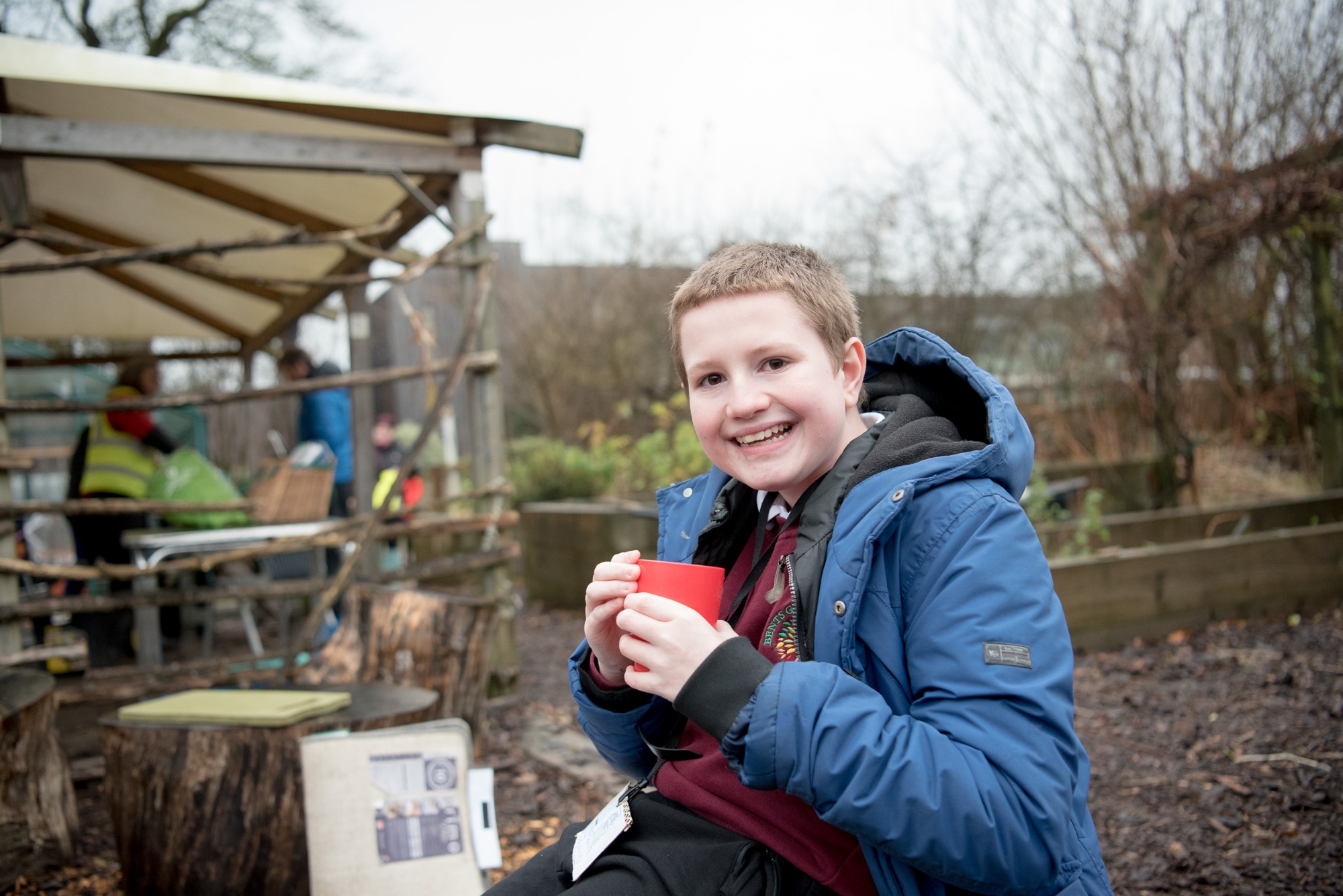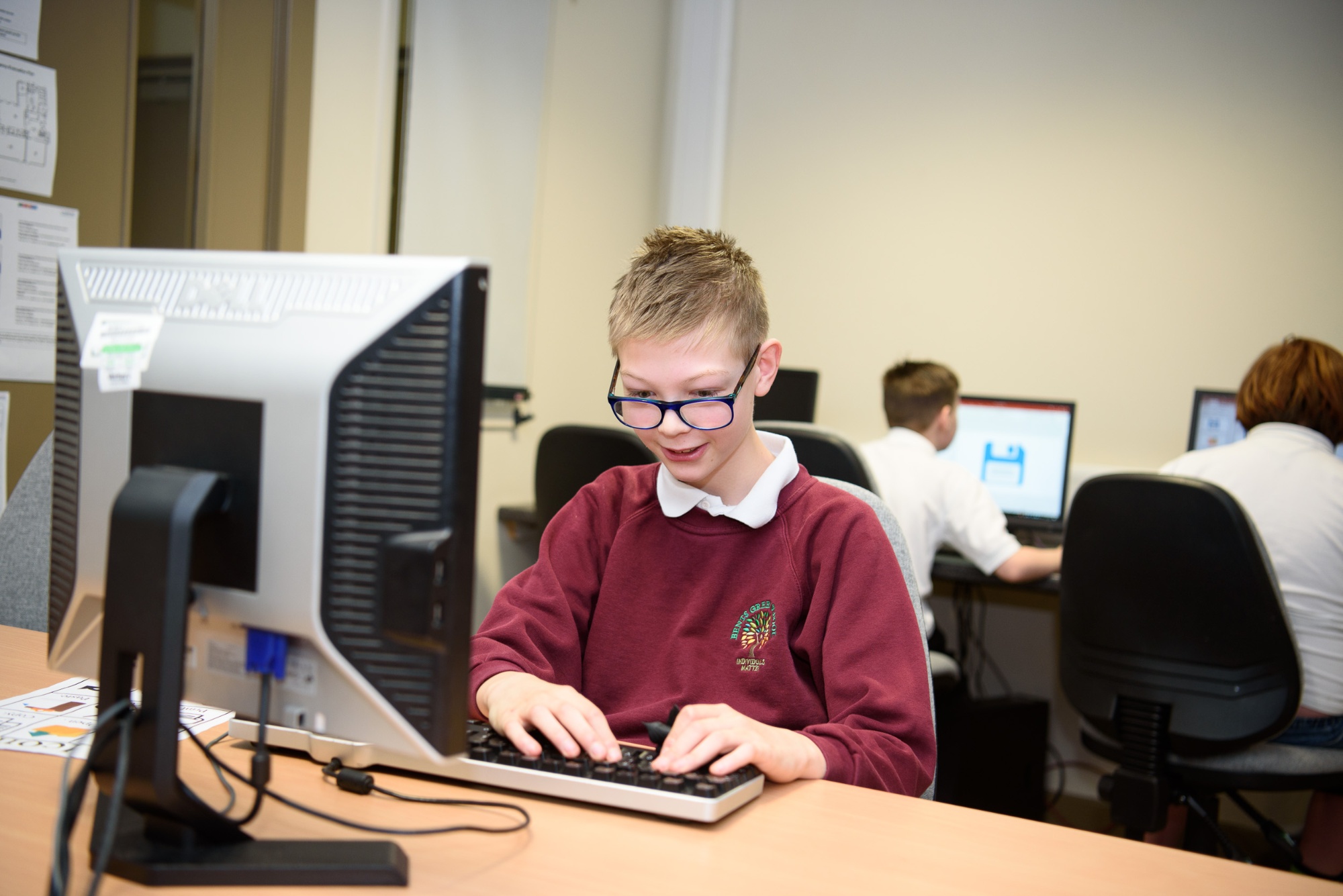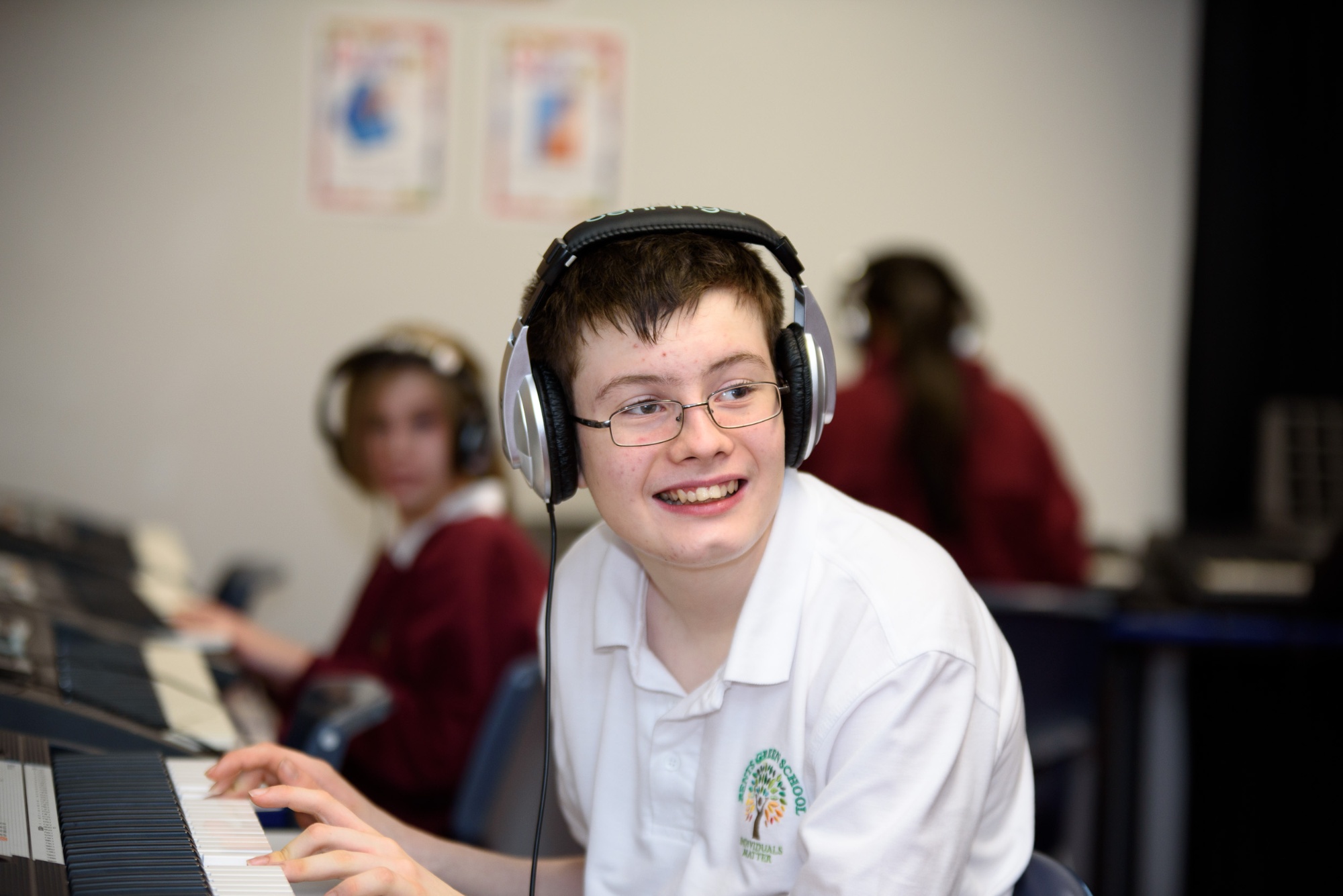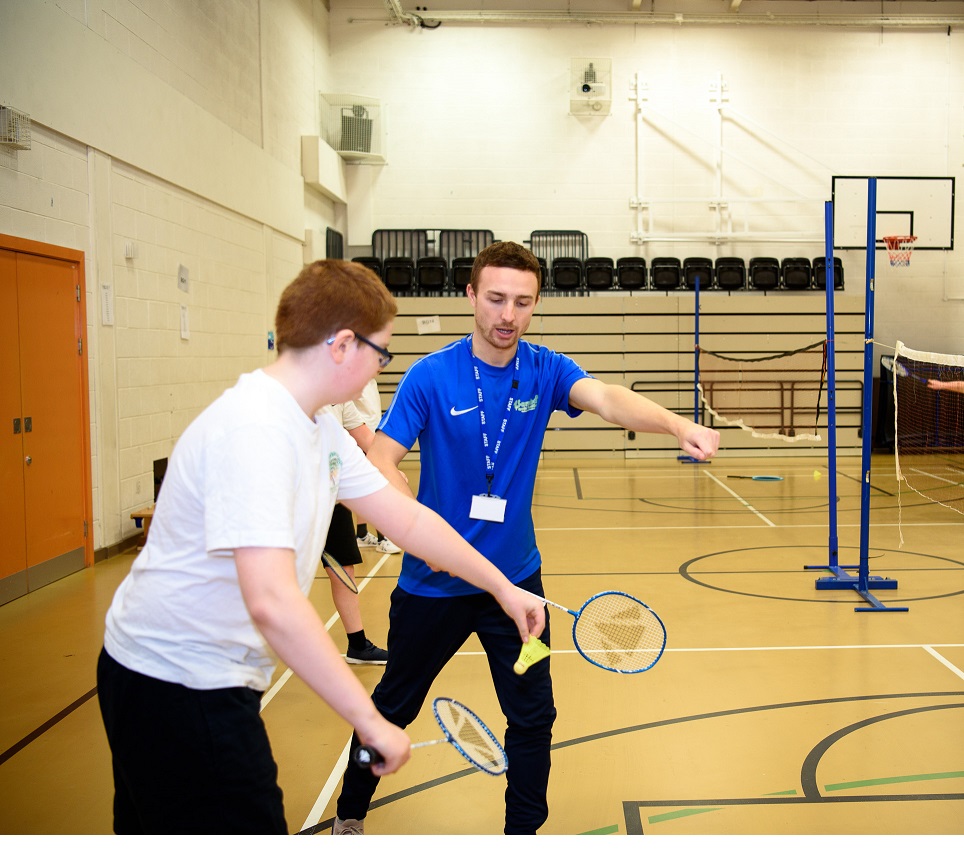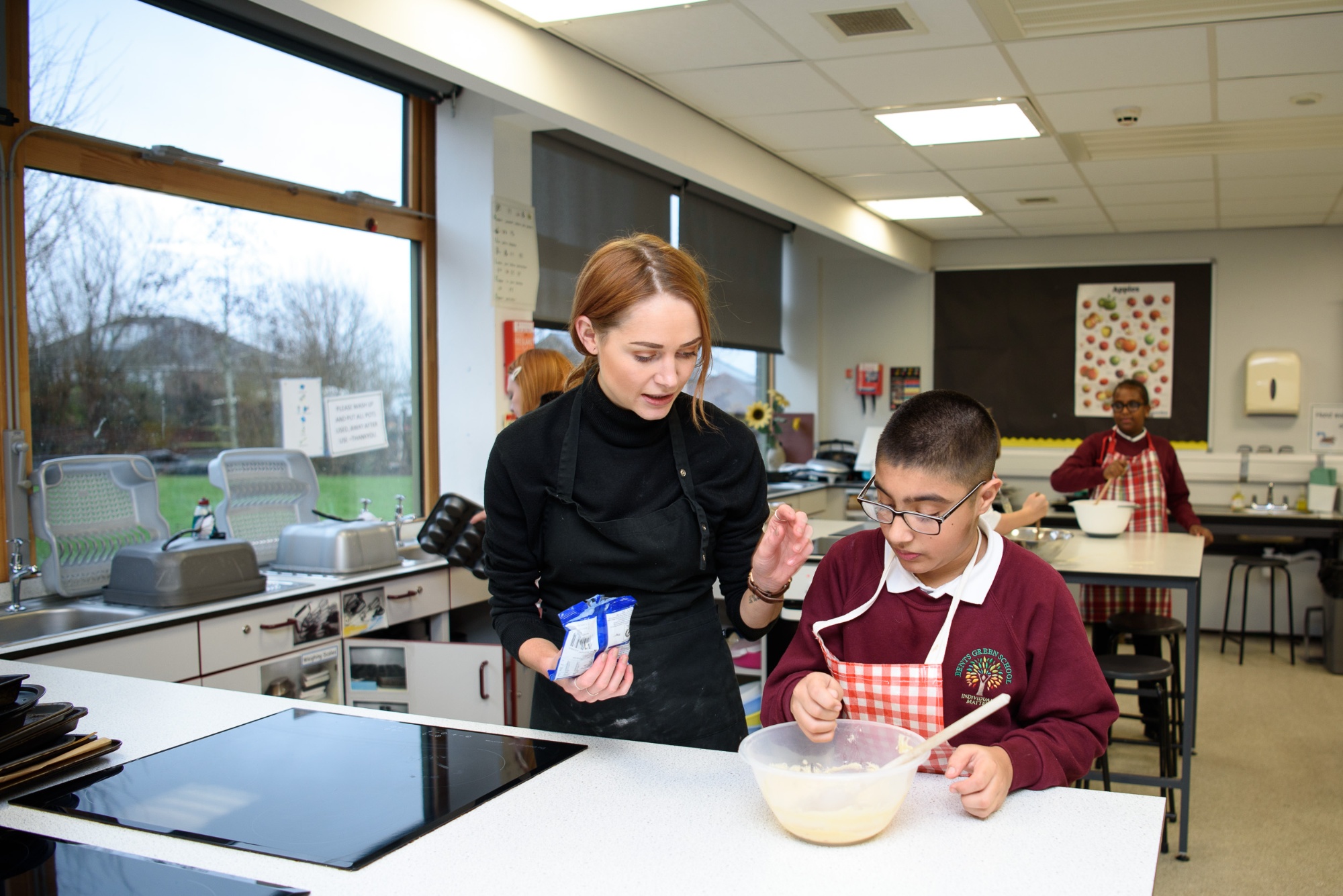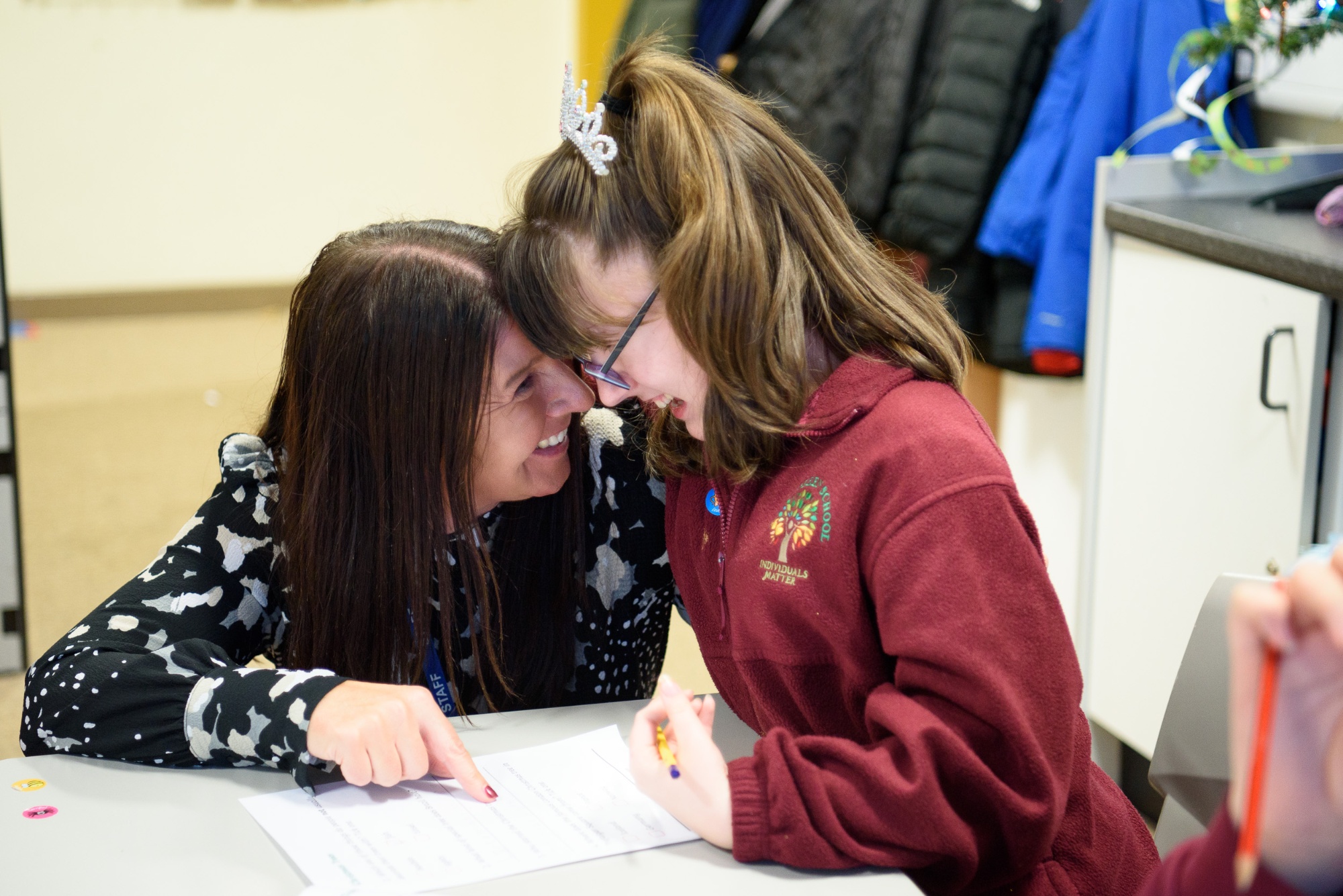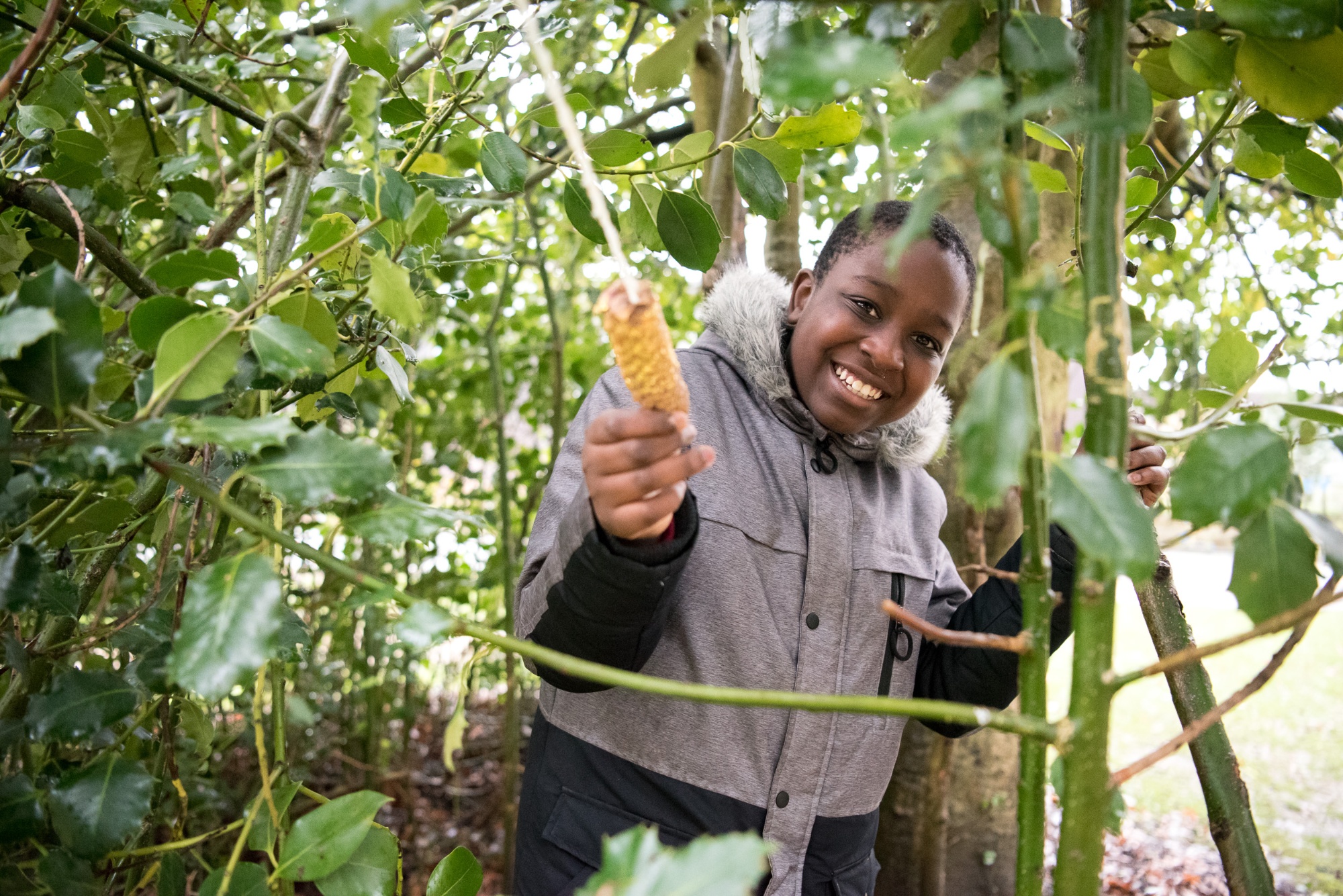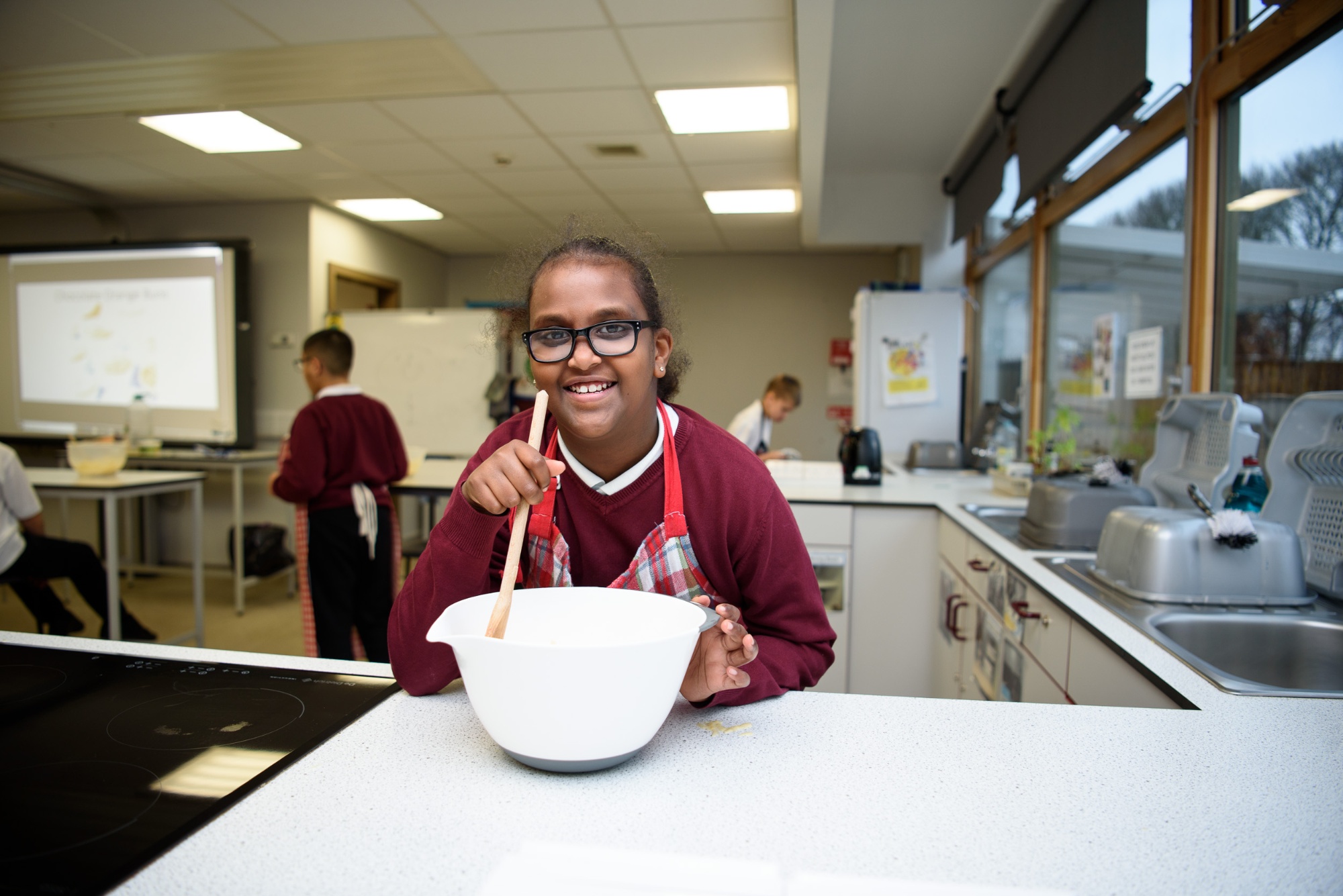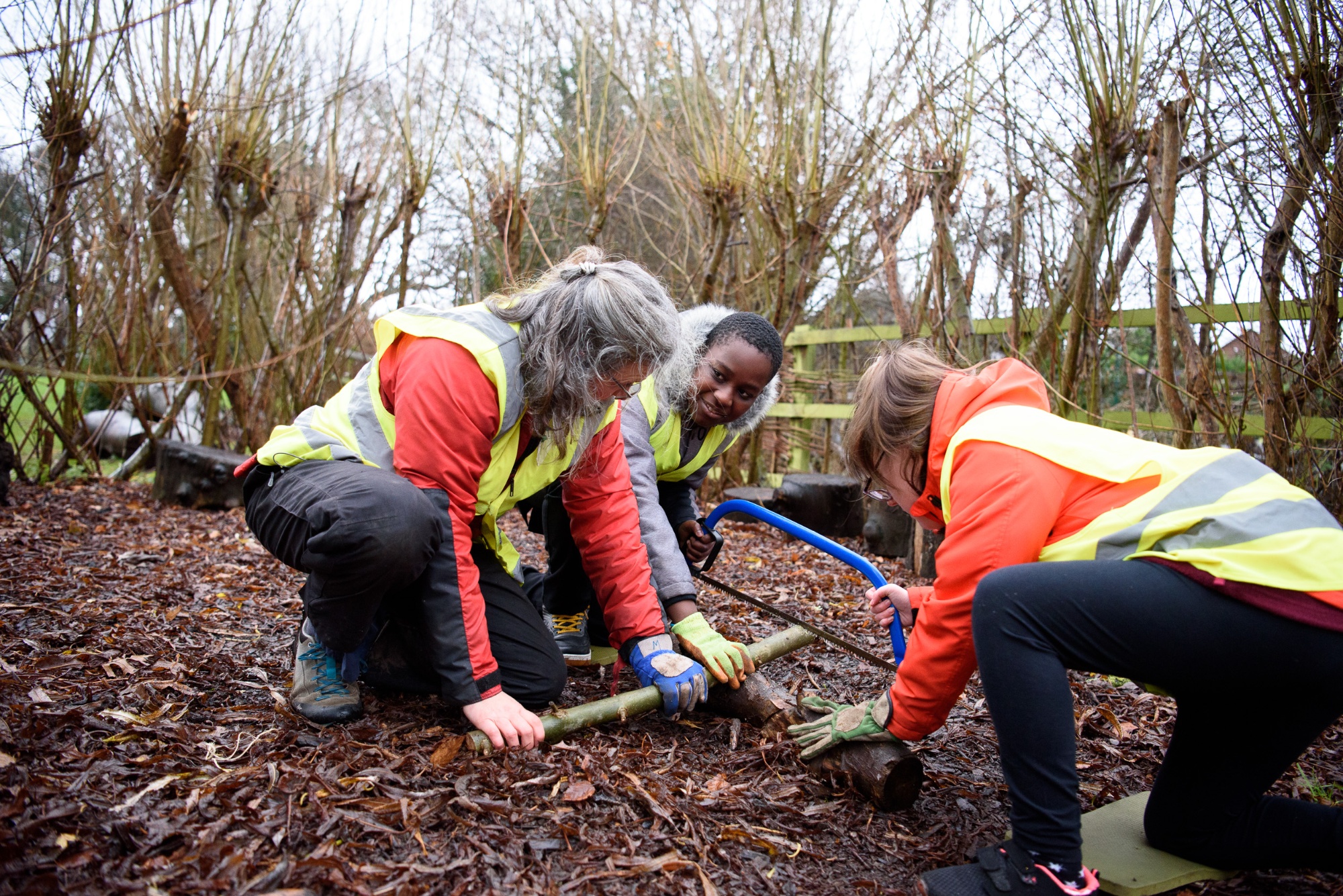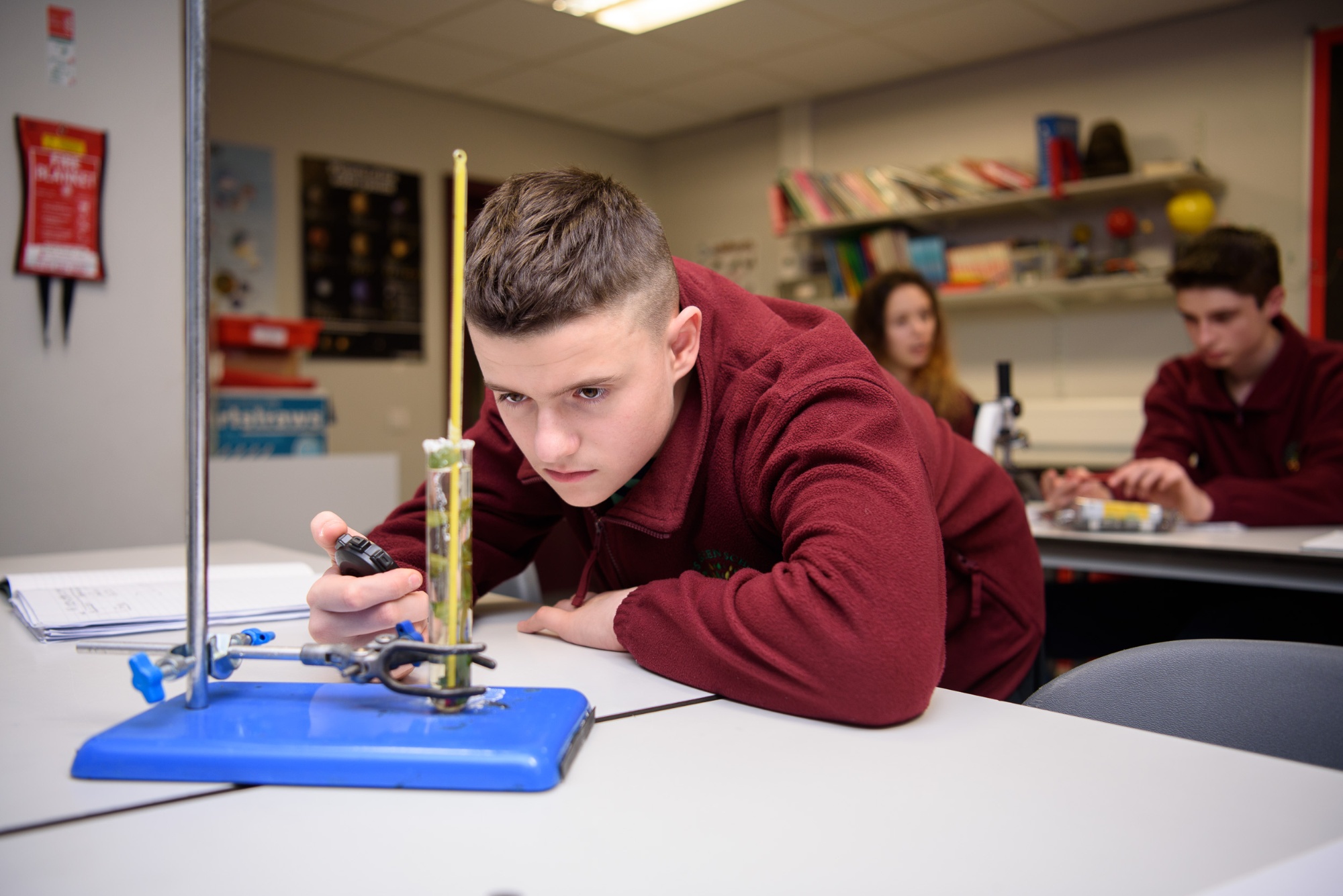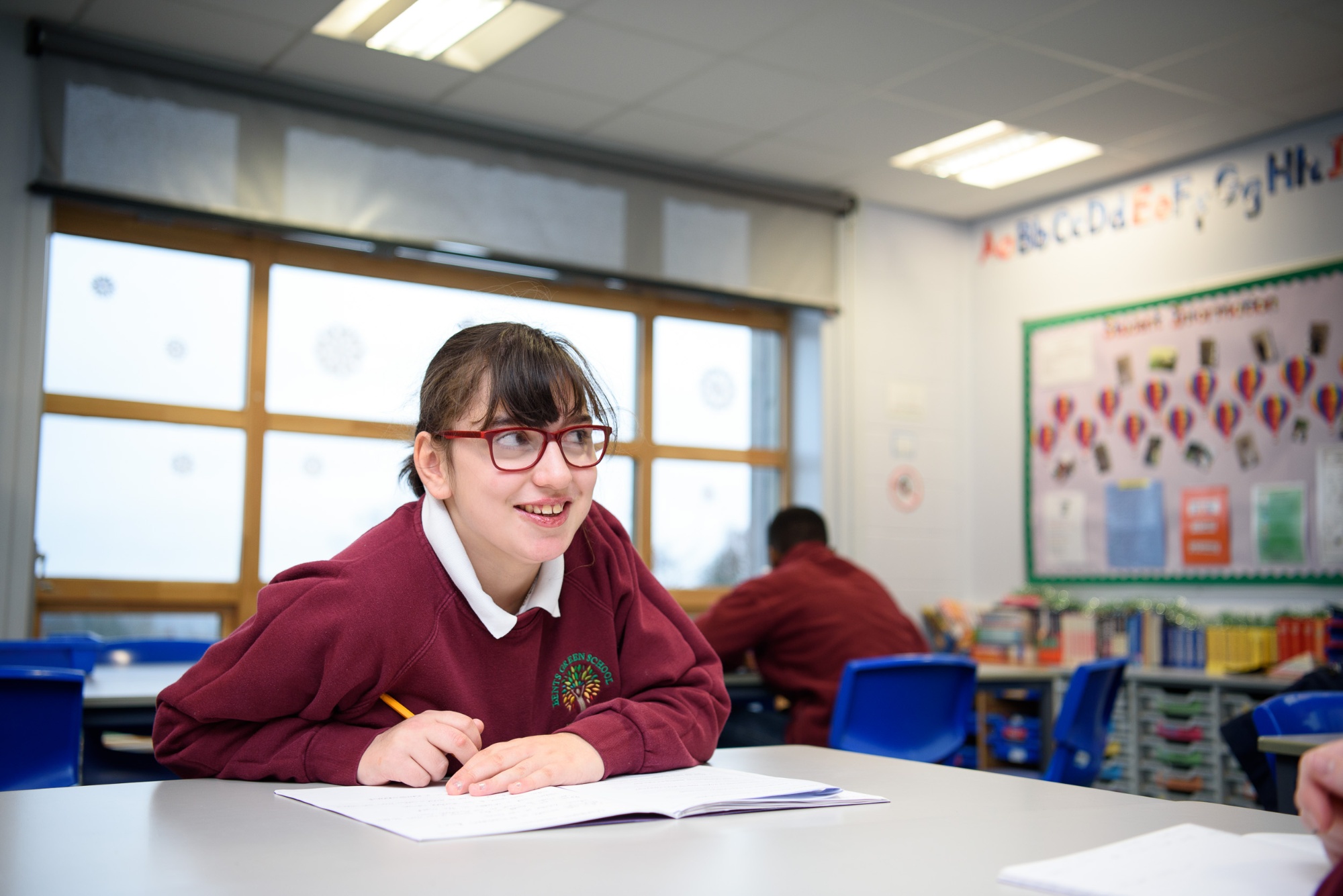Sensory & Wellbeing
What are we aiming to achieve through our Sensory & Wellbeing curriculum? (Intent)
-
To give all students the opportunity to explore a variety of sensory opportunities, using touch, taste, smell, hearing and sight.
-
Students will be able to develop an awareness of their own sensory needs and preferences, with the aim of developing emotional regulation, relaxation and addressing sensory deprivation.
-
Opportunities will promote physical and mental wellbeing with an emphasis on student-led learning and understanding the importance of holistic health.
-
For students to know and understand how their physical and sensory needs impact their emotional state.
-
To promote sensory tolerance, resilience and the ability to cope with changes.
-
Topic areas to be explored in wellbeing sessions – mental health, anxiety awareness, autism awareness, self-esteem, mindfulness, emotional literacy and emotional regulation.
How is the Sensory & Wellbeing curriculum delivered? (Implementation)
-
All students in Phase 3 will have access to the Sensory Area for one lesson per week for guided sensory and group activities.
-
Students in Year 9 will have one lesson per week. During the first half term this will be guided and independent sensory activities
-
Students will have access to the specialist Sensory Area in school on a weekly basis.
-
Some students will not want/be able to access the Sensory Area and will be engaged through alternative wellbeing and/or sensory activities based elsewhere in school.
-
The Sensory & Wellbeing Curriculum provides opportunities for cross-curricula learning, there are close links with PSHE, RSE, Art and PE.
-
Progress will be monitored through observation, informal discussion, photographic evidence, incidental reporting, self-assessment and achievement of SCERTS targets.
What difference is the Sensory & Wellbeing curriculum making on students? (Impact)
-
Students will become increasingly aware of their own sensory needs and become more autonomous in regulating their own behaviours. This will enable students to engage more successfully in learning across the curriculum, further their emotional resilience and increase awareness of self-help techniques.
-
Students will gain an understanding of the links between, and importance of, a healthy body and mind. They will develop strategies to support their own wellbeing at present and in the future.
-
Students will gain a deeper knowledge and understanding of their sensory needs which will enable them to be well prepared for the next step of learning and education.

